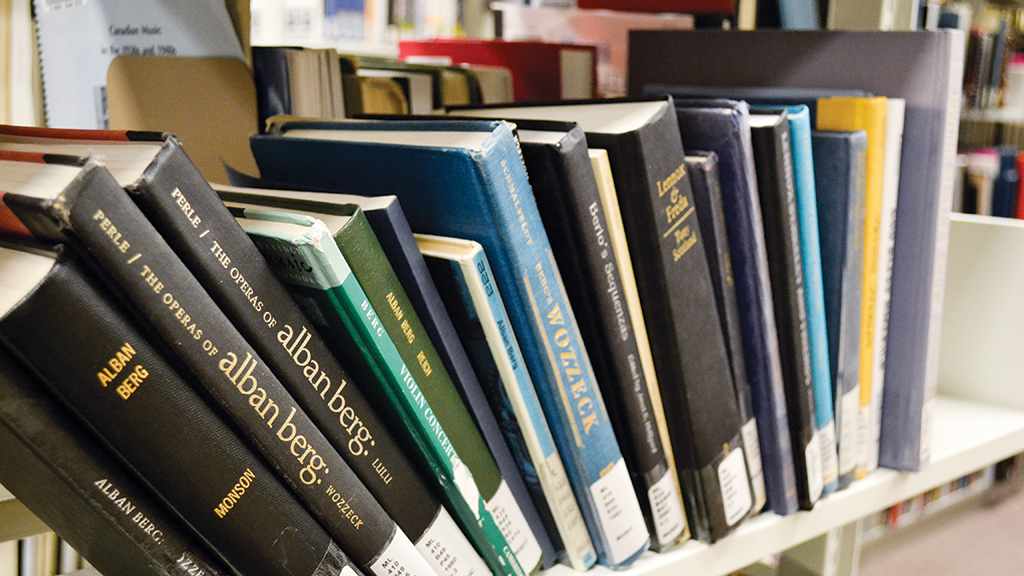Library and Information Studies “under attack”: Newfoundland to tax books and close libraries
 Willow Austin
Willow AustinDespite having the lowest literacy scores of any other province, Newfoundland and Labrador have produced many writers who have reached critical acclaim in recent years. One of those writers is Margaret Mackey.
“When I was a child … I never ever read a book set in Newfoundland, but now they’re all over the place,” Mackey said. “People have done a wonderful job writing about Newfoundland.”
But, in the past month, Mackey, a professor in the School of Library and Information Studies at the University of Alberta, has felt her industry come under attack. When Newfoundland’s Liberals unveiled their 2016 budget in April, Newfoundlanders discovered they would be subject to a 10 per cent book tax on top of a 5 per cent GST starting next year. As a result, book sales are predicted to plunge. The 2016 budget also includes a $1 million cut to provincial libraries, forcing more than half to close by the end of the year.
“For the sake of saving $1 million, the damage this will do to the community seems disproportionately great,” Mackey said. “I don’t care how poor a government is, $1 million is not a large amount of money in government terms.”
Newfoundland’s and Alberta’s annual budgets were both released on the same day and were both designed to address plummeting oil prices. Each government has approached its budget differently: while Rachel Notley’s NDP aims to generate revenue through carbon rebates and investing in technical training and apprenticeships, Newfoundland’s Liberals will initiate austerity measures and slashing expenditures in advanced education, early childhood development, and healthcare.
Taxing books and closing libraries fall into Newfoundland’s education portfolio, which will see a $51 million cutback in the coming year. According to Mackey, it is possible legislators see the upcoming library closures as a non-issue due to the common assumption that the internet is the primary resource of information for many. But for those living in Newfoundland’s more remote communities, libraries may be the sole access point to the internet.
Linda Cameron, the director of the U of A Press, said she shares Mackey’s sentiments.
“I understand the decisions politicians have to make because the priorities and demands for money are extreme, but I keep hoping they’ll find some other place (to tax),” Cameron said. “In my opinion, this is a rather small way to collect any kind of money.”
Given the present economic climate in Alberta, which includes $10 billion of debt, Cameron said she believes the provincial government could choose to tax books in the future. If Alberta does consider following Newfoundland’s lead, Cameron hopes that MLAs will think before passing bills through Legislature.
“I’d like those who make the decisions to take a sober second thought about this,” Cameron said.
“They need to realize that what they’re doing has a real impact — not just today, but in the long term.”




